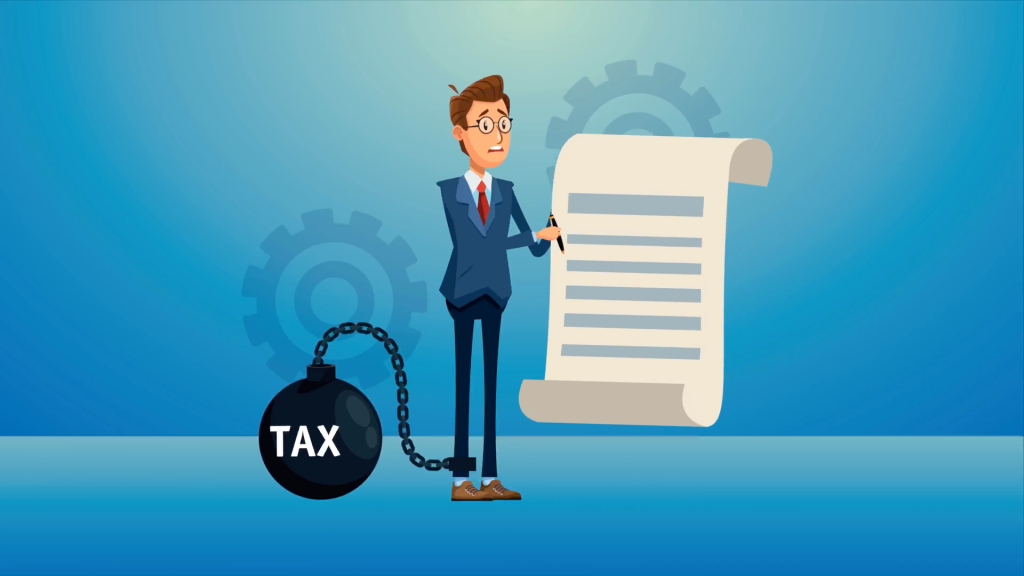A New “Mortgage Tax”

AS OF JULY 2021 – THIS FEE HAS BEEN REMOVED BY THE NEW FHFA DIRECTOR.
Last week the Federal Housing Finance Agency imposed a new fee for American Homeowners looking to refinance. This fee was implemented immediately and added significant cost to American Homeowners.
The two largest buyers of home loans are Fannie Mae and Freddie Mac. Both are Government Sponsored Enterprises currently under the conservatorship of the Federal Housing Finance Agency.
Both Fannie and Freddie (as they are known to industry insiders) implemented this fee with no advance notice to lenders or American Homeowners.
The fee is the equal to 0.50% of what you borrow. For a homeowner borrowing $200,000 this fee is an increase of $1,000 in closing cost or an extra 0.125% to 0.250% in interest rate. This new “Mortgage Tax” was meant to help offset the risk that Fannie and Freddie have in writing these loans under adverse market conditions.
The risk is debatable and many in the mortgage industry feel that the fee is not warranted and nothing more than a money grabbing opportunity for the agencies (which are expected to come out of their conservatorship in the not to distant future).
Because this was announced with little notice to lenders, lenders immediately suffered significant financial losses. These losses will surely be recovered at the expense of American Homeowners as well as those who are looking for a new mortgage for a home to purchase.
While the fee did not directly impact those who are buying or building a home, the reality is lenders suffered significant losses and those losses will lead many to increase their margins. Increased margins equal increased rates for all borrowers (not just those looking to refinance).
There are numerous factors that go into what mortgage rates are. The individual characteristics of your loan, property type, occupancy, etc. In addition, market conditions and factors such as these (that can’t be controlled or predicted).
I have recently had many clients tell me they feel rates are going to go down because of the election and the economy. Many in the mortgage industry share that optimism.
The pending election, economic uncertainty and the impact of COVID-19 are all factors that can move the housing and mortgage markets. While we continue to see strong housing demand and have a vibrant housing market, some believe that economic challenges are being masked by government stimulus. Eventually the government stimulus will subside and then we will truly start to understand the overall economic impact of COVID-19.
Many of the industry experts I have read recently predict favorable mortgage rates going into 2021. Some are even predicting a decrease in rates. This is based on the fact that many believe lenders have artificially increased margins due to record demand for mortgages and now the impact of the recent new mortgage tax. Many believe that once the industry has absorbed current demand for mortgages and recovered losses due to the “mortgage tax” that we will see smaller margins which will equal lower rates for homeowners.
Should the economy continue to show signs of weakness, you can expect mortgage rates to remain favorable and we may even see potentially lower rates as many are predicting.
Should the economy start to show strength and should the overall economic impact of COVID-19 prove to be less than what was expected, we could see a flattening in rates. For rates to take a strong move up, we would need to see strong economic growth which does not appear to be as likely. There are unknown factors than none of us can predict, but as of the time of this writing, a strong vibrant economy would still appear to be a ways off. Bad news for the economy generally is good news for mortgage rates and vice versa.
Mortgage money is still attractive, just not as attractive as what it was a week ago. While nobody can predict the future for mortgage rates, the one thing you can predict is they will change.
If you are in the market to refinance do you lock in or do you wait to see where rates go?
The truth is there are solid arguments to be made on both sides. There are risk to locking in and rates going down as much as there are risk to not locking in and rates going up. As of current, it would appear that risk favor being patient. However, nobody can guarantee what the future holds for rates.
You always want to look at what you will save vs. what it will cost you to refinance. How long will it take you to make back your cost and what happens if rates go lower. I have helped many clients review options since 1991.
As always we are here to help you make a solid decision. Feel free to contact us for more information or to review your individual circumstances.
